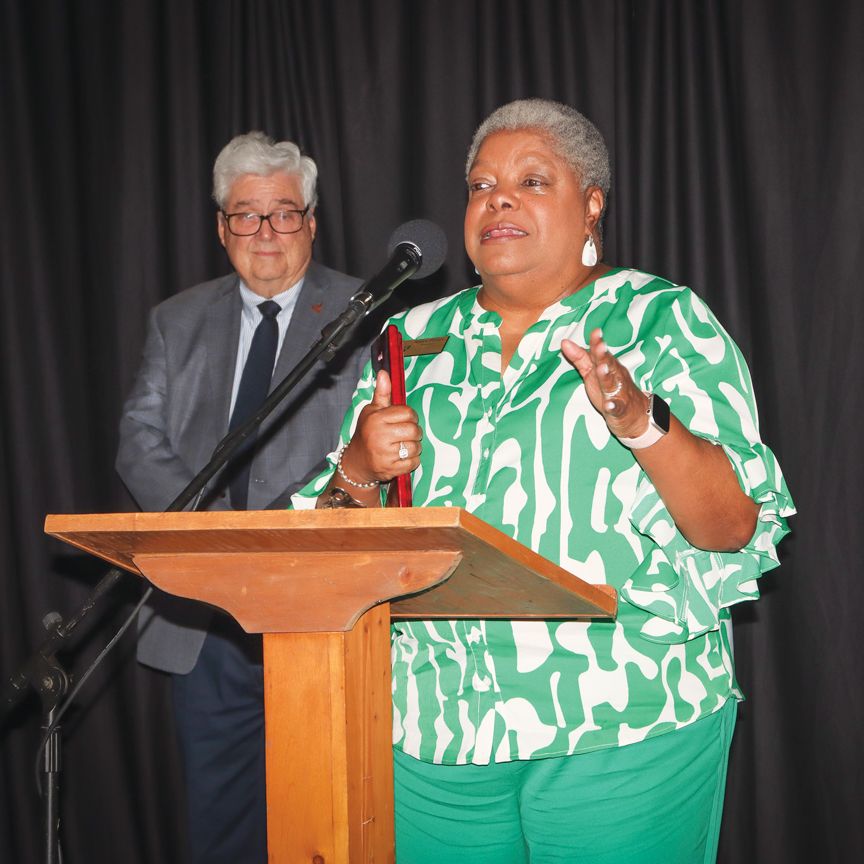Seventh in a Series Exploring the History of Freed-Hardeman University
The academic and social life of National Teachers Normal and Business College was conducted almost exclusively in the building A.G. Freed and N.B. Hardeman had constructed in 1908. It housed a primary department (kindergarten through third grade) and an intermediate department (fourth through eighth grade) as well as the college program. College students met in six large classrooms while the younger students met in smaller rooms.
Classes met Tuesday-Saturday. Sundays and Mondays were days off. Unusual as that sounds today, practical reasons actually existed for the schedule. Many young men preached on Sundays. The schedule allowed them to travel to and from their appointments, return to Henderson on Mondays and get ready for Tuesday classes.
Furthermore, Saturday was the day farmers from outlying areas came to town to take care of their business, shop and visit. Mondays in Henderson were quieter, making it easier for college students to attend to their personal business and do their laundry. By Monday afternoon, preachers had returned and other students had finished whatever they needed to do in town.
Therefore, Monday afternoons were devoted to meetings of the literary societies: Eupathian, Philomathean and Sigma Rho, forerunners of today’s social clubs. Unlike today’s clubs, which compete in sports and host a variety of events for their members and sometimes the wider community, these clubs were more like debating societies. Two speakers took an affirmative position on an issue while two others assumed the negative position. Among the topics, which may sound strangely current, were the place of women in politics and the appeal of socialism. The debates in Chapel Hall attracted local residents as well as students. “We had no athletics,” Clifford Paul Roland remembered, but “we had great contests among leading speakers in societies on opposite side of the various questions.”
The college, including its classes and literary societies, were coeducational. However, fraternization between the genders ended there. The school catalog proclaimed, “There will be no associations of ladies and gentlemen outside of the class room.” There were times, however, when “the rules were off.” When the school hosted a guest speaker or musical performance, young men were permitted to escort young ladies to Chapel Hall for the event. Then, “the rules were on” again, and men were not allowed to visit women. Violators could be suspended from school.
Some couples were willing to take the risk, but their success was usually short-lived. If they managed to escape the notice of Freed and Hardeman, they were unlikely to evade Spencer Rice, the janitor. Apparently gifted at impersonating Freed, who spoke with a lisp, Rice surprised couples by calling to them in Freed’s voice, effectively ending the romantic encounter.
Information and quoted material are drawn from Dr. Greg Massey’s forthcoming book, “By the Grace of God: The Story of Freed-Hardeman University,” which will be published and available for purchase from the university in Spring 2020.



